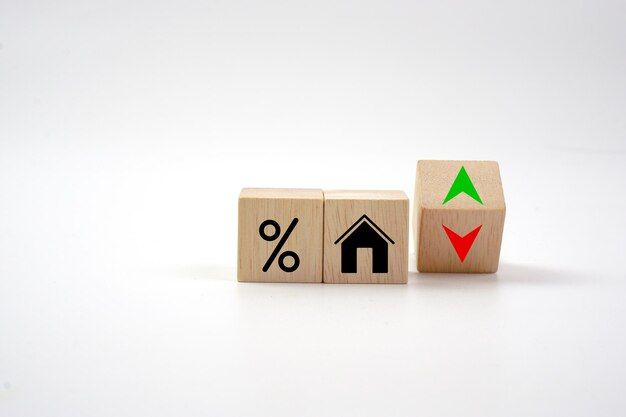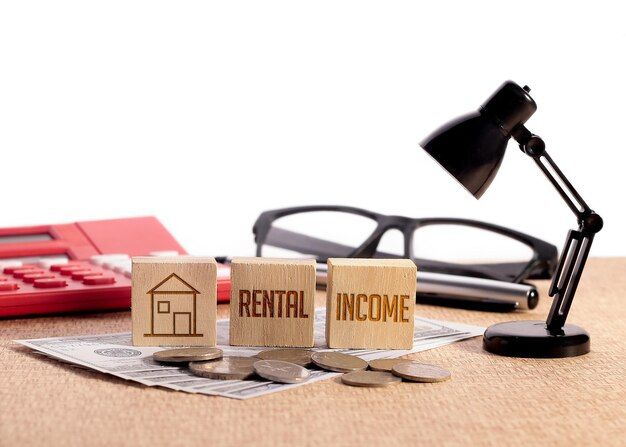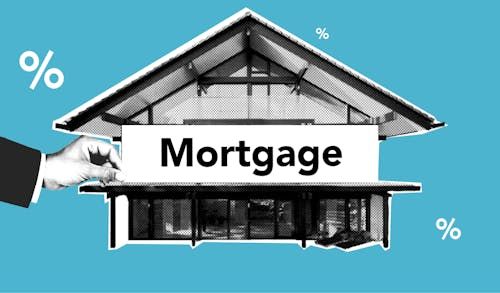You have just found the perfect investment property, but there is a catch. Interest rates are on the rise. Suddenly, what seemed like a dream investment starts feeling like a gamble.
This is the reality that real estate investors face when interest rates fluctuate. Understanding how these changes affect your investments can make the difference between success and missed opportunities.
How Interest Rates Impact Real Estate Investments

Interest rates play a critical role in determining the cost of financing real estate purchases. When interest rates rise or fall, they impact not just your mortgage costs but also affect the whole market, influencing property values, rental yields, and investor confidence.
The Direct Impact on Property Prices

One of the most noticeable effects of rising interest rates is a potential slowdown in property price growth. Higher interest rates raise borrowing costs, resulting in fewer individuals being able to secure loans for real estate acquisitions. When demand decreases, property prices frequently respond by stabilizing or declining altogether.
Conversely, when interest rates fall, borrowing becomes cheaper, increasing demand and driving property prices higher. Investors who understand this cycle can strategically position themselves to capitalize on both rising and falling interest rates.
The Cash Flow Impact

For investors relying on loans to finance real estate deals, higher interest rates mean higher monthly repayments. This directly impacts cash flow, as servicing debt becomes more expensive. Investors who enjoyed positive cash flow with lower rates may struggle with tighter budgets when rates rise.
However, when interest rates fall, monthly repayments decrease, resulting in better cash flow. This creates an opportunity for increased profits, making low-interest-rate environments particularly attractive to real estate investors aiming to maximize returns.
Investor Sentiment

Interest rates also shape investor sentiment. When rates are low, investors feel more optimistic about the market. The belief that borrowing is cheaper and profits will rise often fuels more investments in real estate.
When interest rates rise, the mood can shift. Higher borrowing costs may dampen profitability, causing investors to become more cautious. In such markets, fewer transactions may occur, slowing down the market and making it harder for sellers to find buyers.
Impact on Rental Yields

Increasing interest rates can exert a dual influence on rental yields. As property prices slow down or drop, investors may buy properties at lower prices. However, the higher cost of loans may mean rental income won't cover the full cost of the mortgage, reducing overall yields.
In contrast, when interest rates fall, investors can benefit from lower loan repayments, which may increase cash flow and rental yields. However, as property prices rise, the initial return on investment may diminish, even as yields improve.



